Back when I started the blog around 7 years ago, I admit I wasn’t the biggest fan of Lebanese wines. Now, even though I might not be a true wine connoisseur, I am an avid drinker who’s learning to appreciate good Lebanese wines. I’m especially interested in pairing specific wines with certain events like Christmas dinners, a cheese and wine night, a happy hour, at the beach, near the slopes or just a simple drink at home near the chimney.
I guess my lack of enthusiasm for Lebanese wines was due to me being familiar with the standard commercial ones. However, many events and expert wine tastings later, I’ve made it my mission to look for the best Lebanese wineries and every year I’m happy to add a new one to my collection.
Wine tasting is a highly subjective matter and even though we can all agree most wines get better with age, there’s a lot more that needs to be done to find the perfect wine for whatever occasion you’re celebrating or making toasts to. Unfortunately, many Lebanese purchase their wines at random, thinking that the more expensive or the more foreign a bottle, makes it automatically better. This couldn’t be farther from the truth though.
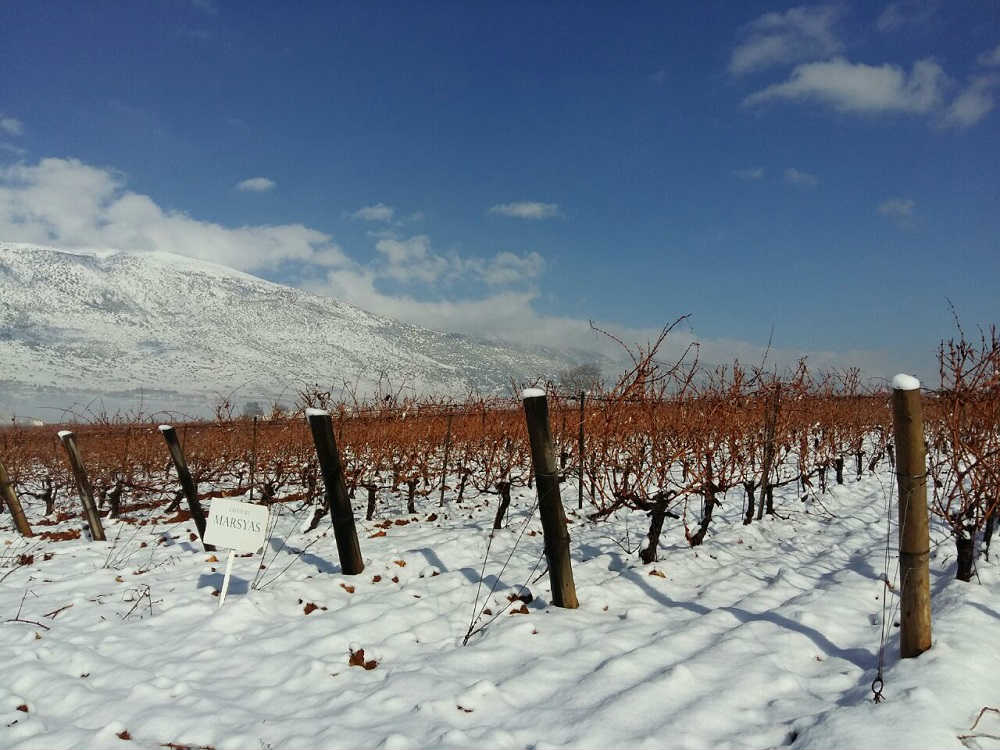
In the past decade, Lebanon has been lucky to witness many new vineyards sprouting up all across the country, from Batroun in the North, to Jezzine in the South and of course throughout the Bekaa Valley, a region renowned since ancient times for its superior wines.
My favorite discovery so far was back in 2013, when I tried Chateau Marsyas for the first time. We were in Zahle celebrating New Year’s Eve and one of my friends brought a 2007 Marsyas bottle. The bottle ended up being hidden on the side next to me… It was fantastic and I am ashamed to admit I kept it to myself that night 😛
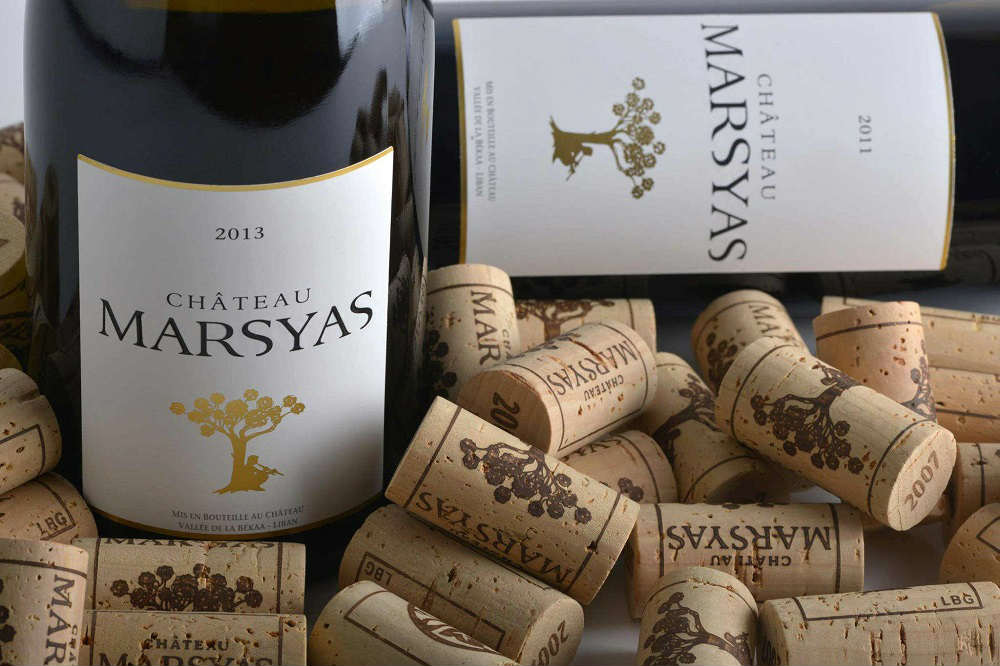
After that NYE dinner, I started experimenting with other Marsyas vintages, and even though I can’t find any 2007 bottles on the market anymore, I did fall in love with other vintages the Chateau offers. After a bit of research, I found out that Chateau Marsyas is also behind the Bargylus wine, which is also sublime.
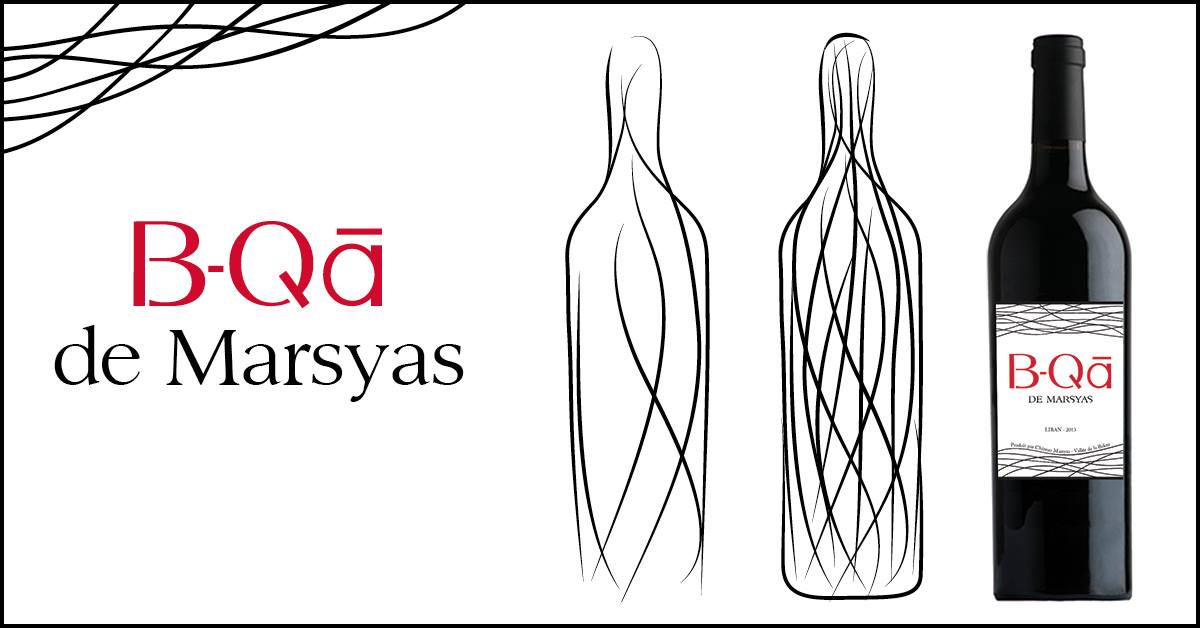
In 2015, Marsyas invited me to the launch of B-Qā, their new mid-range red wine. B-Qā de Marsyas is 70% Cabernet Sauvignon, 20% Syrah and 10% Mourvèdre with 150,000 bottles a year produced. The deep red wine with a purple hue has a red fruits scent on the nostrils with just a hint of spices to go along. On your pallet, the wine is well-rounded and full, with tannins integrated perfectly for a smooth, yet chalky feel to it.
B-Qā’s name is in honor of the valley from where its vines grow, the same vineyards of Marsyas’ Grand Vin. The painstaking, green-harvesting process is also the same as its elder brother’s, Marsyas. The difference lies in the maturation time: B-Qā’s usually matures in 8 to 10 months in French barrels. This process is what gives the unique aromatic properties of the wine.
In addition to its red wine, B-Qā will soon be launching its new white wine, due out this year around March 2017. I am not a white wine fan but I am always eager to taste a new Marsyas wine and millesime.
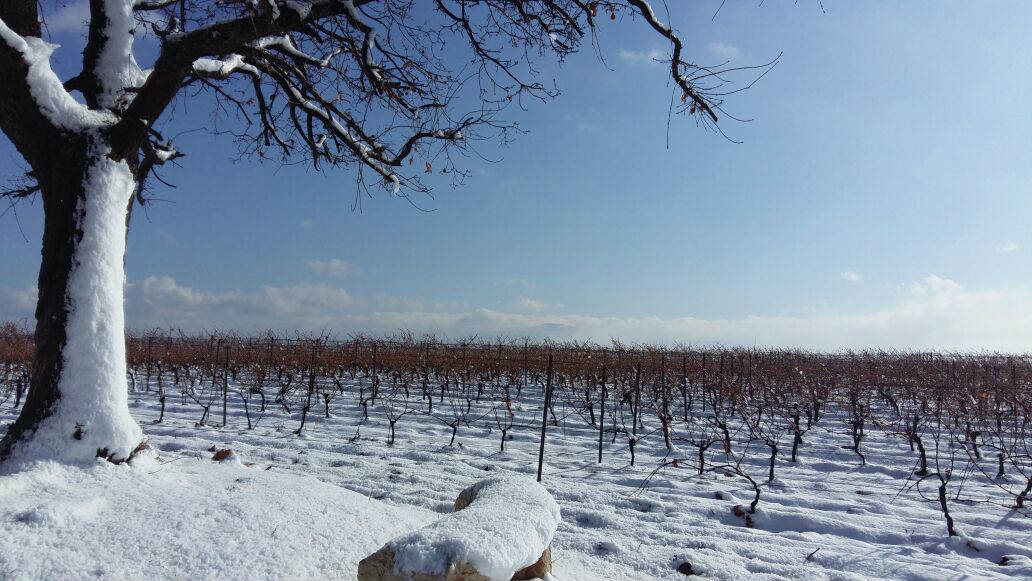
Technical details aside, since most of us are clueless about them, B-Qā in laymen terms is a “passe-partout” red wine that is affordable and enjoyable for both the passionate wine lover and the occasional wine drinker. Its pricetag of under $20 and trendy name and identity makes it a perfect wine for the younger clientele that Chateau Marsyas might not appeal to as much.
In more practical terms, I usually open 3 or 4 bottles of wine when friends and family are over for dinner. That’s when $50 bottles become a bit too expensive. That’s why for the past two years, I’ve been serving B-Qā bottles and everyone who tries them loves them. Enjoying a superior, local Lebanese wine without needing to break the bank has been an extra plus for me personally.
Some Lebanese wineries offer mid-range and cheap wines that are honestly barely drinkable. B-Qā is a great wine that’ll help both Lebanese and foreigners fall in love with local wine and at an affordable price. It’s important to note that most wine is usually very affordable abroad especially in wine-loving countries like France and Italy, but the lower price doesn’t mean subpar quality, and that’s what I feel B-Qā is trying to do in Lebanon.
So, next time you’re wondering what bottle to take as a gift or to stock your home for an upcoming special dinner, B-Qā is what I’d recommend, after you try it for yourself if you still haven’t of course. Cheers, and always drink responsibly!
B-Qā is served at the following wine shops and restaurants:
Wine shops: Vintage Wine Cellar Saifi & Jal el Dib, Aziz, La Cigale
Restaurants: Osteria, Tavolina, The Spoon Teller
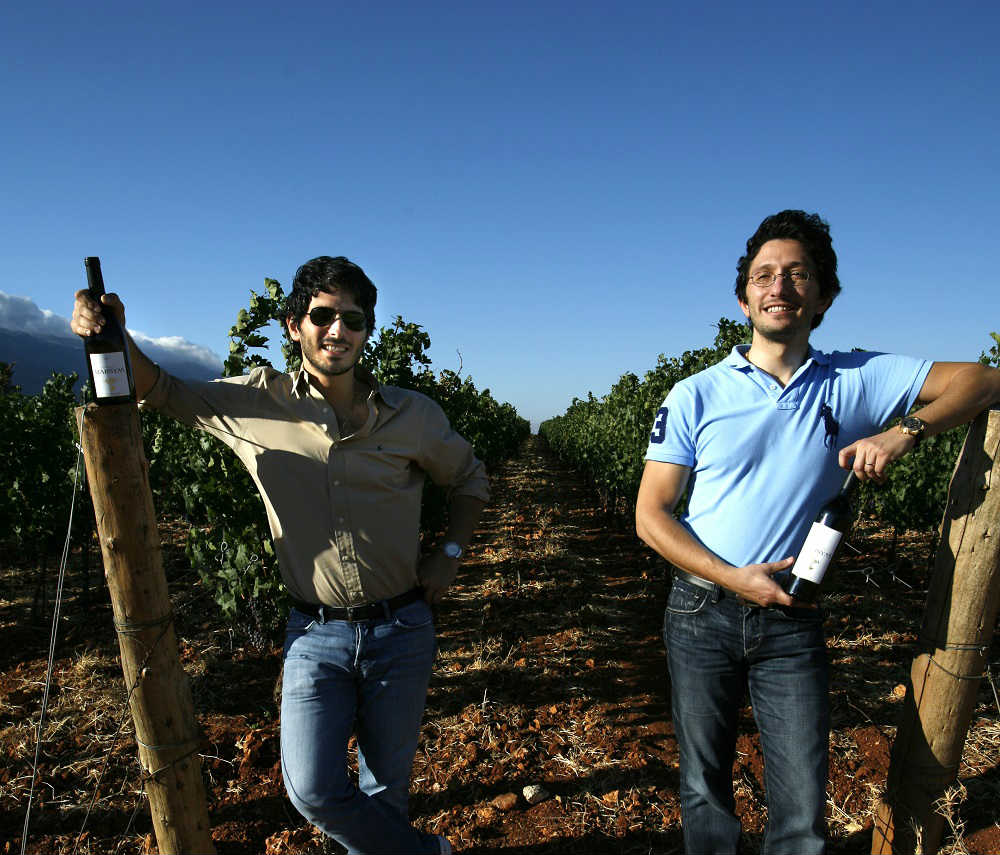


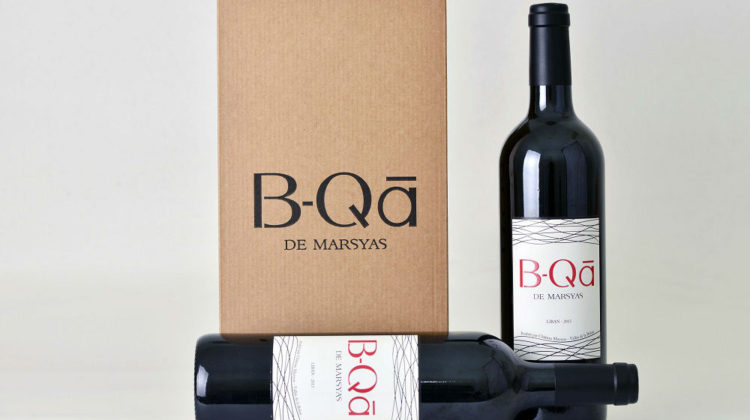








[vivafbcomment]